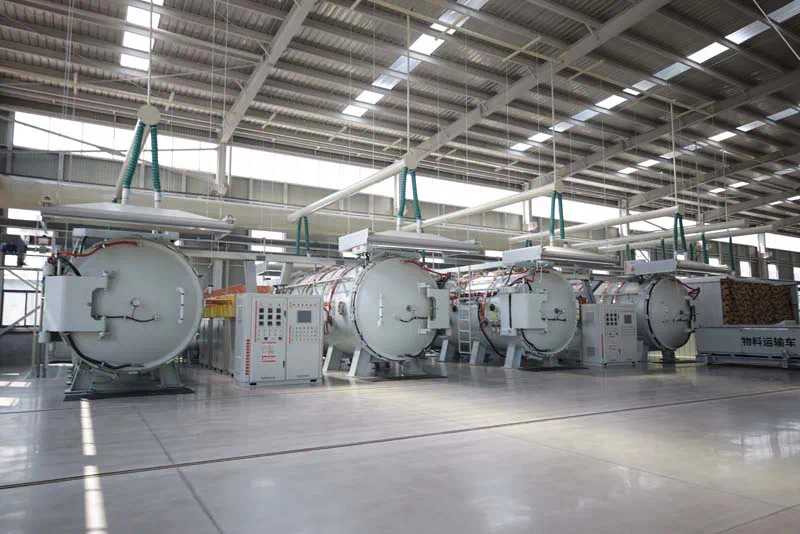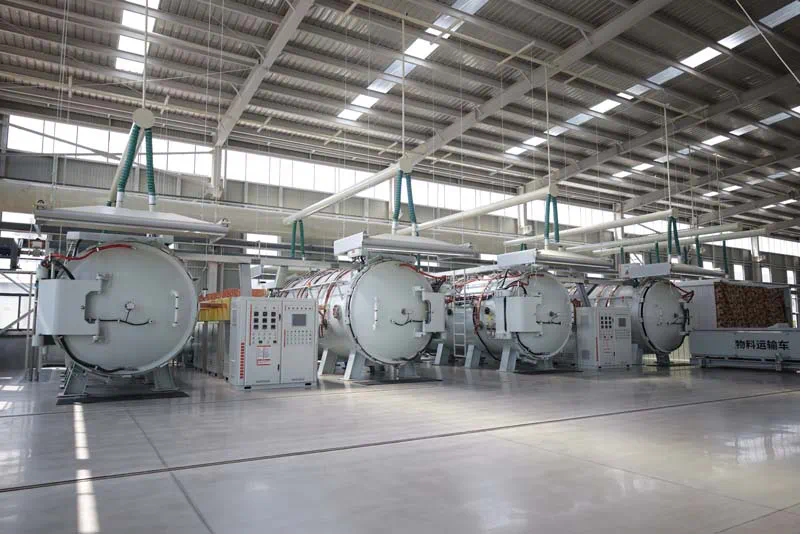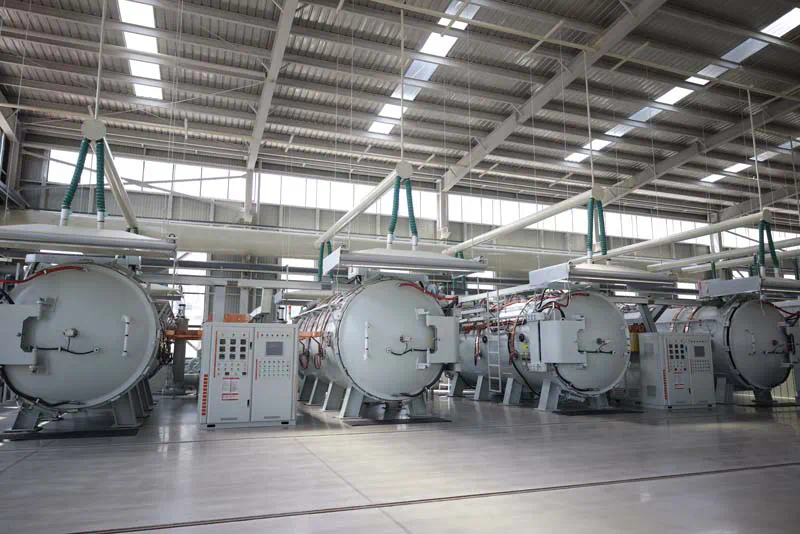Tianxin Tianxi Software provides PLM/MES/ERP/WMS system solutions.
With the progress of science and technology, traditional industrial manufacturing has also begun to get rid of the problem of employing more people and high costs. The deep integration of information technology with traditional industrial manufacturing has made traditional industrial manufacturing step into the era of digitization and information. Traditional industrial manufacturing, since the founding of the country, has been the foundation of our country and the foundation of a strong country. When the manufacturing industry goes digital, what is the difference between a digital factory and a smart factory?
1. Conceptual differences:
The digital factory is a comprehensive network of digital models, methods and tools, including simulation and 3D/ virtual reality visualizations, integrated through continuous, uninterrupted data management. It is the product of the combination of modern digital manufacturing technology and computer simulation technology, and has its distinctive characteristics. Its emergence has injected new vitality into the basic manufacturing industry, mainly as a bridge between product design and product manufacturing.
Smart factory is a new stage in the development of modern factory information, is based on the digital factory, the use of Internet of things technology, equipment monitoring technology to strengthen information management and services, to achieve factory office, management and production automation. To achieve the purpose of strengthening and standardizing enterprise management, reducing work errors, plugging various loopholes, improving work efficiency, carrying out safe production, providing decision-making reference, strengthening external contacts, and expanding the international market.
2. Differences in relationships:
The essence of digital factory is to realize information integration; Intelligent factory realizes the coordination and cooperation between human and machine, the essence of which is human-computer interaction; Intelligent manufacturing systems are not just “artificial intelligence systems, but human-machine integrated intelligent systems, which are hybrid intelligence.”
Intelligent factory is an upgraded version on the basis of digital factory, and is an important carrier to realize intelligent manufacturing. Intelligent manufacturing not only includes the intelligence of factories, but also includes the intelligence of analytical reasoning, management decision-making and development judgment of various manufacturing enterprises.
3. Differences in characteristics:
The digital factory is a new organization mode that simulates, evaluates and optimizes the entire production process in a computer virtual environment, and further extends to the entire product life cycle. It is a combination of digital technology and computer simulation technology, mainly used as a bridge to communicate product design and product manufacturing.
Smart factory has a certain degree of autonomy, can collect, analyze, judge, planning; The whole visual technology is used for reasoning and forecasting, and the real scene is amplified to show the design and manufacturing process by using simulation and multimedia technology. Each part of the system can form the best system structure by itself, which has the characteristics of coordination and reorganization. Intelligent factory realizes the coordination and cooperation between human and machine, and its essence is human-computer interaction.
In fact, the digital factory is more inclined to design, and the smart factory is the actual combat.


